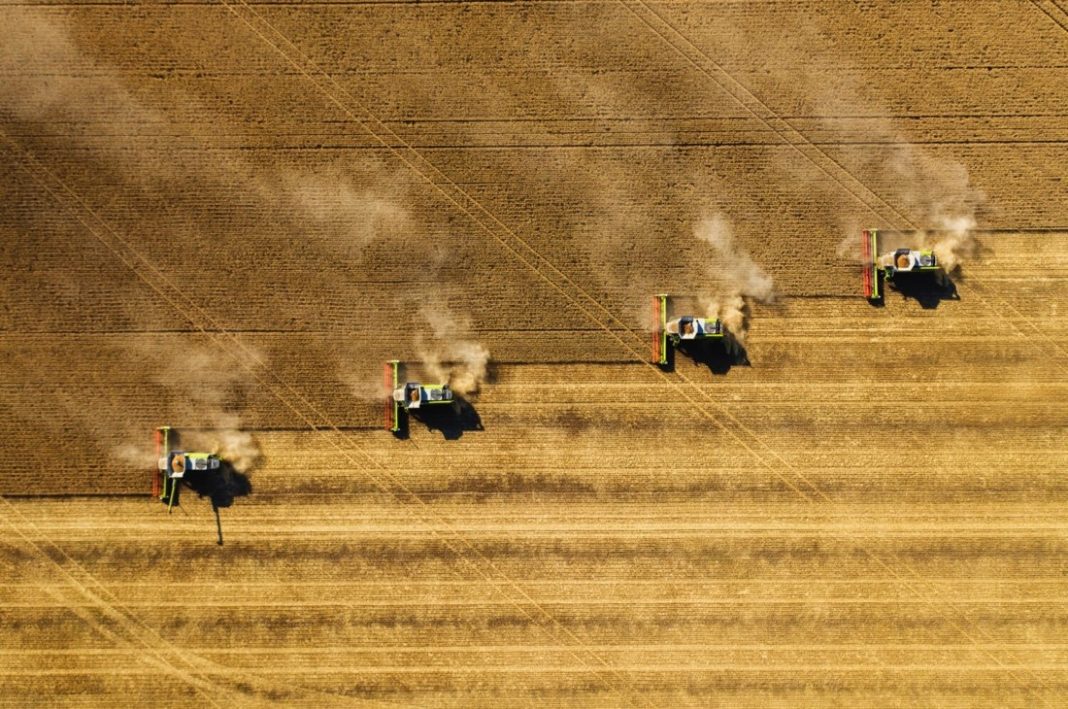The European Commission has outlined a new strategy to drive research and innovation in agriculture, aiming to improve competitiveness and sustainability in the sector. The plan, detailed in the “Vision for Agriculture and Food” report, includes expanded public-private research partnerships, faster risk assessments, and regulatory changes to encourage innovation.
The strategy highlights digital tools, artificial intelligence, and data-driven farming as key to cutting costs and boosting efficiency. However, challenges such as adoption costs and limited digital skills remain barriers. The Commission also emphasises the role of new genomic techniques (NGT) in plant breeding to enhance food security, urging swift regulatory updates to align with global competitors.
Plans also include streamlining the biopesticide approval process and reinforcing the European Food Safety Authority to accelerate risk assessments—addressing long-standing industry concerns about slow authorisation times.
The strategy moves away from the controversial “Farm to Fork” approach, which faced resistance from farmers, instead focusing on incentivising innovation and reforming the Common Agricultural Policy. However, critics argue that it leans too heavily on technological solutions without addressing the structural agricultural changes needed for climate goals.
While the Commission acknowledges the need for more substantial engagement with farmers, industry leaders stress that funding must target agricultural practices and food production to ensure long-term sustainability.


